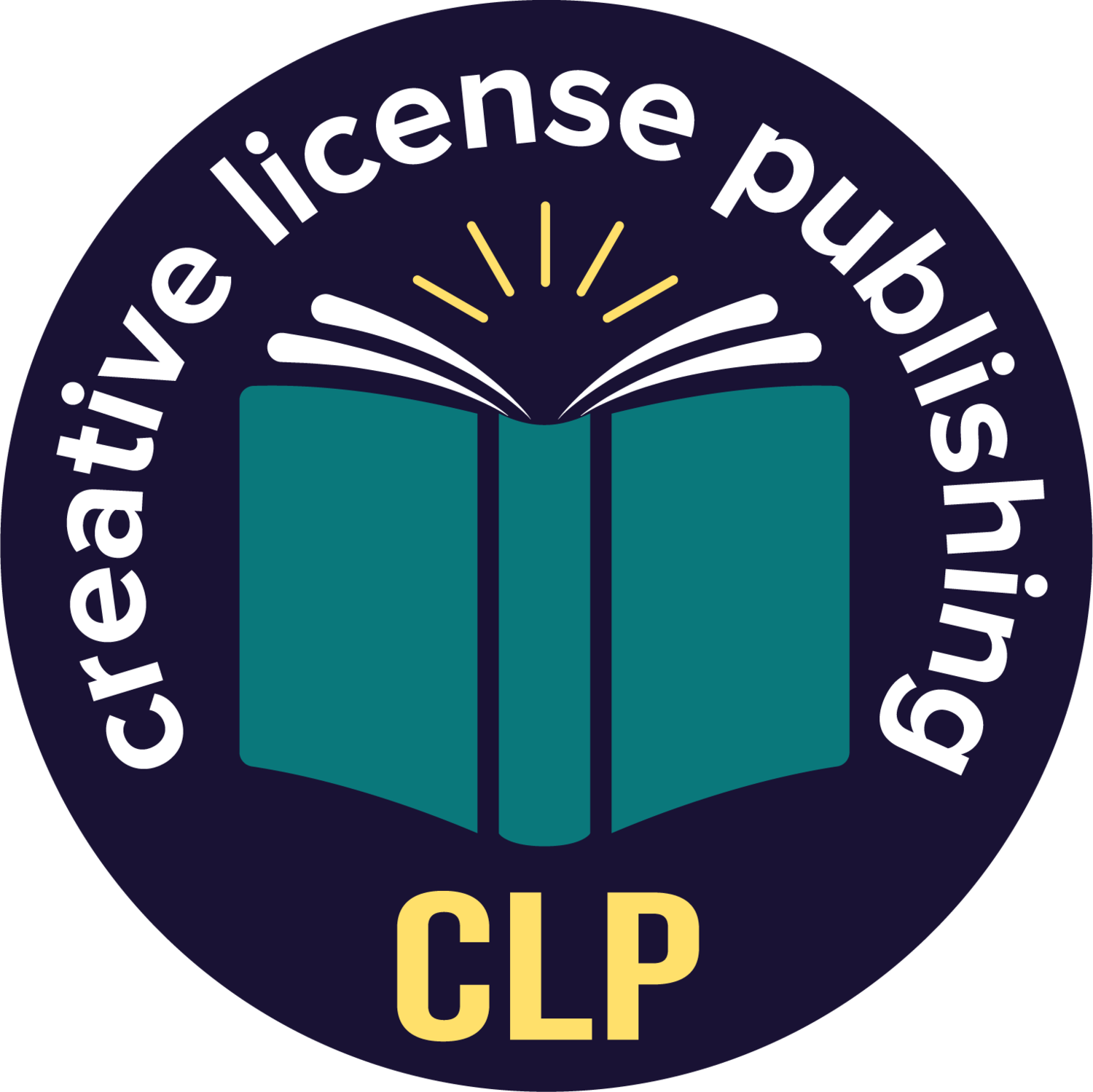Develop Your Idea the Right Way
Many writers will say that ideas just come to them, and that’s true. But there is more to idea development than a simple “I want to write a book about this topic or that topic.” Turning an idea into a book, whether it’s a novel, memoir, or non-fiction book, several elements must be examined:
• Is there a market for the book?
• Who will your target market be?
• Why do you want to write this story?
• What is the genre?
• What is the setting (where will it take place) and time period?
• What is the message or theme in the case of non-fictional books such as a memoir?
• What is the arch of the story (beginning, middle, and end in relation to the plot)?
• Who are my characters, and what are their individual roles and characteristics?
• What is the hook, plot, and conclusion in the case of fiction?
• What are the subplots?
• How will the information be presented in the case of non-fiction?
• Who will the main characters be?
• Who will the supporting characters be?
• How much, where, and when will you write each day?
• Who will be on your team? Who will hold you accountable, help you edit, and be your guide when you hit those stumbling blocks?
• What are the publishing goals, traditional or self?
• What are the timeline goals for completing the idea, outline, first copy, the self-edited copy?
• What are the timeline goals for beta-reads, independent edits (development and copy)
• When do you want to see this published? If seeking a traditional publisher, when will you create submission packets and send them out?
I’m sure many are wondering if it’s necessary to answer these questions. For me, it’s a definitive yes. Why? Because if you start with a clear and strong foundation, you are setting yourself up for easier writing because you won’t have to wonder how it’s all going to come together. You will be working from a blueprint, which is your outline (put together with the answers from above) and using it to guide your story. Whether you are writing fiction or non-fiction, it’s so easy to get off track without a guideline and create much rework for yourself. The information above will help you create a solid outline (foundation) on which to build your content.
But not all of the above bullets relate to what will go into your story. In fact, some relate to your personal goals (publishing) and approach (where and when you will write). Again, knowing the answers to these questions will assist you in formulating a process to keep you motivated. For example, if you don’t plan when and where you will write based on your personal preferences, you could end up wasting precious time. The more you capitalize on knowing your creative flow and where you work best, the greater chance you have to make it to the finish line. If you can’t focus at home, perhaps write at the library. If you aren’t very creative until late at night, then write then. Know yourself, and make a plan!
Lastly, set some attainable goals for writing so you can track your progress and create self-accountability. Be careful not to make goals that are long shots. You will get frustrated and not maintain your motivation to finish. I even suggest joining a writing group, signing up for one of our online classes, or reserving a writing coach, any of which will keep you on track and achieving.
Yes, I understand that even the best plans will go awry. No doubt. However, in the absence of any plan at all, well, we know the saying: Fail to plan, plan to fail.
Take the time to think through every aspect of your idea; don’t just start with a top-level thought and start writing. Experience has taught us here at CLP that writers who start projects without focus abandon them quickly. Don’t let that be you.
Happy Writing!
